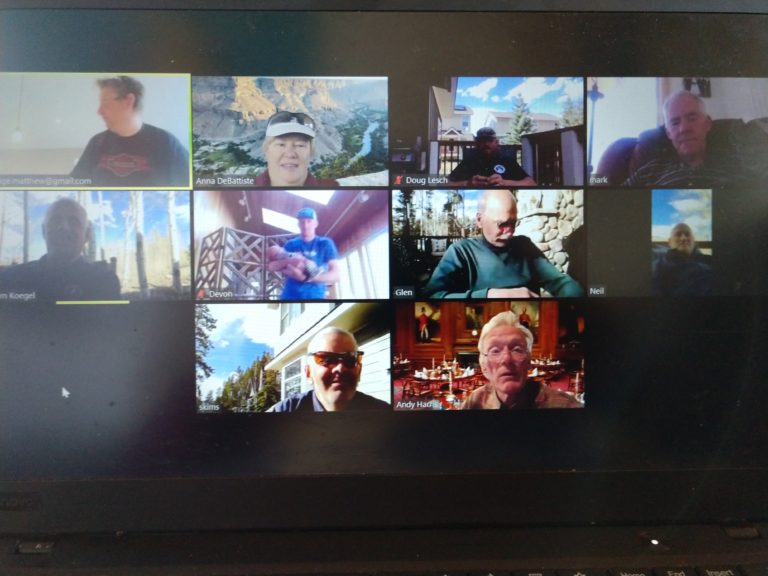I never would have bought a book called To Sell is Human unless the author was someone like Daniel Pink. I’m not in sales—never have been, never wanted to be.
But Pink is a very insightful guy with a snappy writing style and he wrote my favorite book on motivation, Drive. So I bought the book, and as it turns out, I am in sales. We all are, these days. And “selling isn’t some grim accommodation to a brutal marketplace culture. It’s part of who we are–and therefore something we can do better by being more human,” Pink says.
My favorite part of the book so far is the chapter on improvisation, because it’s full of ideas that would be useful in any leadership or communication skills seminar. Pink discovers a new trend, the teaching of improv theater techniques to salespeople. There are three principles:
- Hear offers
- Say “Yes and…”
- Make your partner look good
Hearing offers (rather than objections) means developing some truly serious active listening skills; saying “yes and” (instead of “yes but” or “no”) means seizing on that offer and exploring opportunities; and making your partner look good means always seeking the “win-win,” inventing options for mutual gain and opening up a path for creative solutions that otherwise might not have been stumbled upon. All three are key skills for anyone who wants to lead or even just communicate more effectively.
While attending an improv workshop, Pink is paired up with another participant to debate a volatile topic. One partner is to engage in persuasive arguments, and the other is only allowed to ask questions. The questions cannot be disguised statements, opinions or attacks; nor can they be simple yes/no questions. They must be genuine queries, grounded in curiosity and the desire to understand someone else’s perspective. Anyone who violates the rules for questioners is publicly shamed by a ringing bell.
I’m thinking this is an ideal activity to use in one of my team building classes, in which we work to improve Peter Senge’s “spirit of inquiry” in a team discussion by learning to ask better questions and listen more actively. Once again, so much of human effectiveness comes back to understanding and harnessing the power of good questions. And the broad applicability of Pink’s selling principles reinforces his central point; that sales is no longer a specialized field for a select few of us, but rather part of who we are as human beings.

Comments are closed.